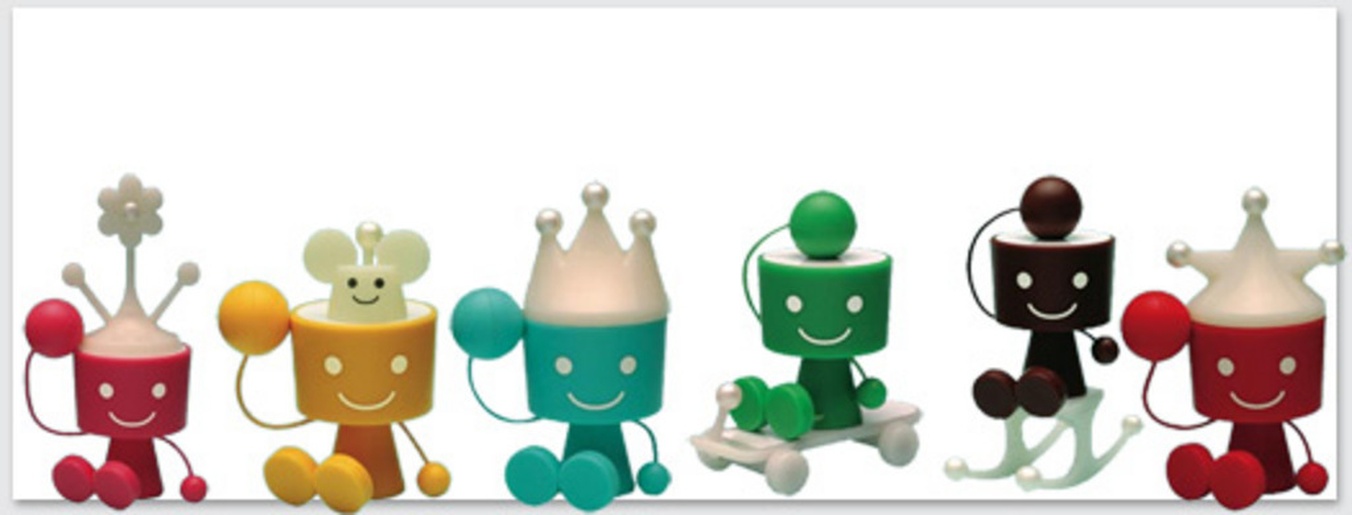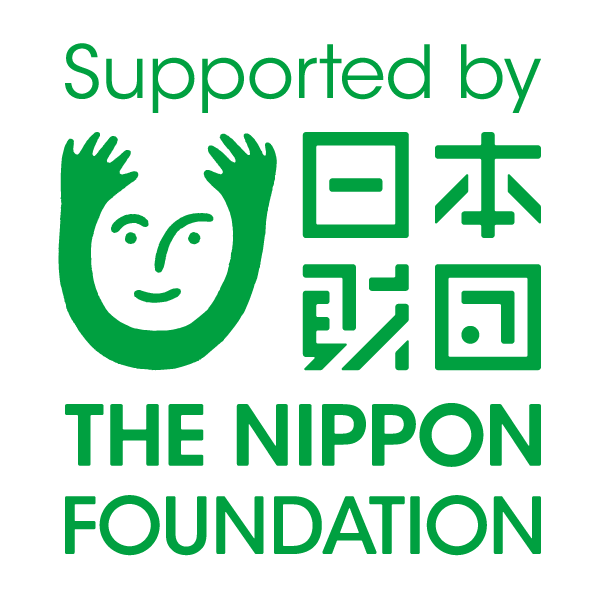
|
||
 Enlarge
Enlarge
|
Licensing | |
For my birthday, my friend presented me with a little yellow toy, packaged in a box covered in untranslated Japanese. She found it at Urban Outfitters in Pasadena and bought it for me because, as she said, "You like Japanese things, right?"
Is she right in thinking that if I like some things about Japan, that means I like everything Japanese?
Her assumption that my interest in Japanese history, a one-time visit to Osaka, and coursework in Asian studies would extend to plastic miniatures belies a faith in the quest for cultural authenticity of the Western Japanophile. The Japanophile's obsession with cultural authenticity is linked to consumer production and consumption. For example, the collector feels linked to Japan because he or she has purchased and possessed something produced there.
I was confused as how to approach this little toy. It has three magnets, one in its head, one in its bottom, and one at the end of its bobble arm. I'm still not sure what to do with it, so it sits on a ledge above my computer.
I found "Maywa Denki" stamped on its head, and after some research, found it to be a part of a series.
I happen to own 'Pet' (2nd in the picture), as it has a magnetic mouse that is detachable on its head.
The others in the series are Flower, King, Cart, Rocker, Pierrot, and Chair.
Maywa Denki is an art collective, performance and installation art production company, band, invention think-tank, as well as other things. The people who run it are celebrities in Japan, and their products are now available for purchase in the United States and other countries.
This toy fits within Anne Allison's parameters as described in her book "Millenial Monsters: Japanese Toys and the Global Imagination". It is cute, miniature, portable, and comes in a variety of styles and colors.
It is, as Anne Allison describes, a product that is marked Japanese due to its participation in "polymorphous perversity"; it calls upon desires that vary in direction and scope: the toy can be a pet, a friend, a constant companion, and yes, a toy.
As well, it is what Walter Benjamin deems an "enchanted commodity"; it encourages fantasy play and bonding between object and owner. It blurs the line between market and affective value.
This is a marketing strategy that Maywa Denki and other companies have utilized successfully to capture the imaginations and capital of Western Japanophiles.
This work is licensed under a Public Domain
 rmiletich
—
Última actualización Mar 30 2011 8:00 p.m.
rmiletich
—
Última actualización Mar 30 2011 8:00 p.m.
Part of these albums

|
Japanophilia mpitelka
mpitelka
|

|

 The Sierra Madre Elementary School Japanese Garden
The Sierra Madre Elementary School Japanese Garden
 Journal feed
Journal feed
